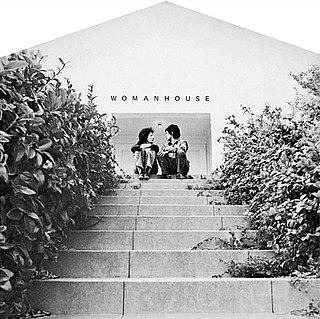Цитата Мириам Шапиро
Я подвергаю сомнению отрицательные коннотации ткани, ленты, кружева. Я переворачиваю эти символы нашего заточения.
Связанные цитаты
Пока в земле вокруг тебя холод и нагота, до тех пор не может быть и речи о том, чтобы великолепие одежды было преступлением. В свое время, когда у нас не будет ничего лучше, чем заставить людей работать, может быть, будет правильным позволить им плести кружева и резать драгоценности; но пока есть люди, у которых нет одеял для кроватей и тряпок для тела, до тех пор мы должны заставлять людей заниматься одеялами и пошивом, а не кружевами.
Что происходит с разумом человека и нравственной тканью нации, которая без угрызений совести принимает прерывание жизни младенца? Что за человек и какое общество будет у нас через двадцать лет, если к жизни можно относиться так небрежно? Именно этот вопрос, вопрос о нашем отношении, нашей системе ценностей и нашем мировоззрении в отношении природы и ценности самой жизни, является центральным вопросом, стоящим перед человечеством. Неспособность ответить на этот вопрос утвердительно может оставить нас в аду прямо здесь, на земле.
Именно для этого и существует человеческий мозг — превращать хаос данного опыта в набор управляемых символов. Иногда символы довольно точно соответствуют некоторым аспектам внешней реальности, лежащей в основе нашего опыта; тогда у вас есть наука и здравый смысл. Иногда, наоборот, символы почти не имеют связи с внешней реальностью; то у вас паранойя и бред. Чаще это смесь, частично реалистичная и частично фантастическая; это религия.
С самого рождения мы начинаем понимать, что формы, звуки, свет и текстуры имеют значение. Задолго до того, как мы научимся говорить, звуки и образы формируют мир, в котором мы живем. Всю нашу жизнь этот мир более непосредственный, чем слова, и его трудно сформулировать. Фотография, отражающая эти образы со сверхъестественной точностью, вызывает их ассоциации и наше мгновенное убеждение. Искусство фотографа заключается в использовании этих коннотаций, как поэт использует коннотации слов, а музыкант — тональные коннотации звуков.








































